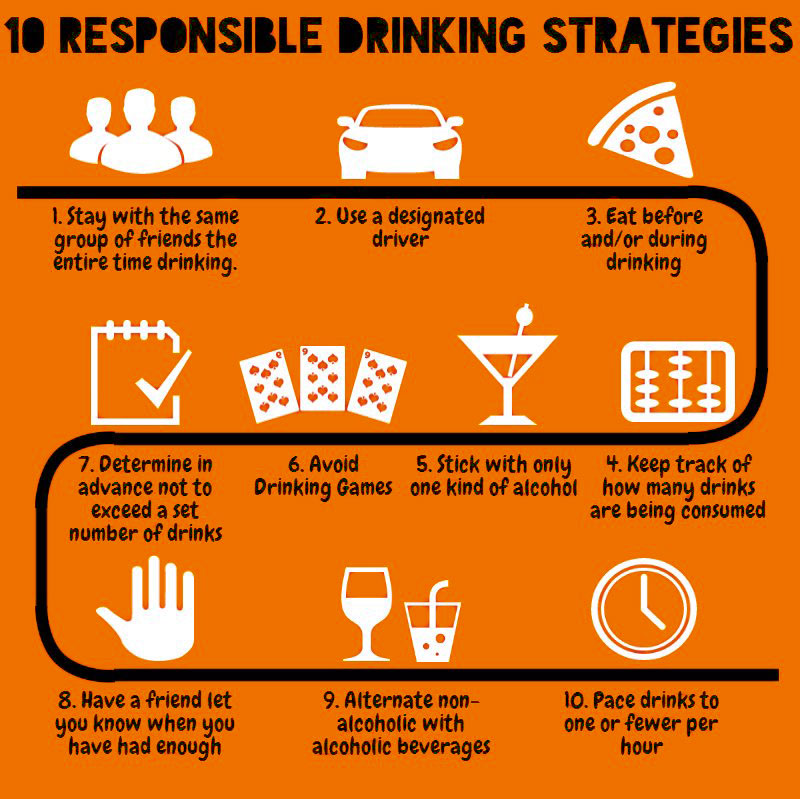Uncover the secrets behind alcohol intoxication levels in our latest blog post, as we decode the boozy equation for you!
Table of Contents
Alcohol consumption has long been a social pastime and a means of relaxation for many individuals. However, the amount of alcohol required to induce intoxication can vary greatly from person to person. This leads us to the intriguing question: how many beers does it take to get drunk? Let’s dive deep into the science behind alcohol metabolism, individual tolerance levels, and the various factors that influence intoxication.
Factors Affecting Alcohol Metabolism
Genetics play a significant role in how our bodies metabolize alcohol. Certain enzymes in the liver, such as alcohol dehydrogenase, determine how efficiently we can break down alcohol. Some individuals have variations in these enzymes that may result in faster or slower alcohol metabolism.
Gender also plays a role in alcohol tolerance. On average, women tend to have a lower tolerance for alcohol than men. This is due to differences in body composition and enzymes involved in alcohol metabolism. Additionally, body weight and composition can impact how quickly alcohol is absorbed into the bloodstream, ultimately affecting intoxication levels.
Individual Tolerance Levels
Alcohol tolerance refers to the body’s ability to handle and process alcohol. Some individuals may have a higher tolerance due to a history of regular alcohol consumption, while others may have a lower tolerance if they are infrequent drinkers. Factors such as age, overall health, and genetics can also influence an individual’s tolerance to alcohol.
It’s important to note that tolerance can vary greatly among individuals. What may cause intoxication in one person may have less of an effect on another. This variability is why it’s crucial for individuals to understand their own limits and drink responsibly.
The Impact of External Factors
Drinking on an empty stomach can lead to more rapid alcohol absorption and higher intoxication levels. Food in the stomach can help slow down the absorption of alcohol, delaying its effects and allowing the body more time to process it. This is why it’s often advised to eat before consuming alcohol to help moderate its effects.

Image courtesy of regenerationdistilling.com via Google Images
Mixing different types of alcohol can also influence intoxication levels. Different alcoholic beverages contain varying percentages of alcohol by volume, which can affect how quickly one becomes intoxicated. Additionally, the consumption of sugary or carbonated alcoholic drinks may lead to faster intoxication due to their effects on the digestive system.
Other external factors, such as medication, mood, and environment, can also impact alcohol intoxication levels. Certain medications may interact with alcohol, intensifying its effects. Mood and emotional state can influence how alcohol is perceived and the likelihood of engaging in risky drinking behaviors. The environment in which alcohol is consumed can also play a role in how quickly intoxication occurs, as social factors may influence drinking patterns.
Conclusion
Understanding how alcohol metabolism works and the factors that influence intoxication levels can help individuals make informed decisions about their alcohol consumption. While the question of how many beers it takes to get drunk may not have a straightforward answer, taking into account individual differences and external factors can help gauge personal tolerance levels.
It’s important to drink responsibly, know your limits, and be mindful of the various factors that can influence alcohol intoxication. By staying informed and making conscious choices about alcohol consumption, individuals can enjoy the social aspects of drinking while prioritizing their health and safety.
Remember, moderation is key when it comes to alcohol consumption. If you have any concerns about alcohol use or its effects on your health, consider speaking with a healthcare professional for personalized guidance.
Drink responsibly, stay informed, and enjoy your favorite beverages in a thoughtful, mindful manner.
FAQs
How does alcohol metabolism differ among individuals?
Alcohol metabolism varies based on genetics, enzymes, and factors like gender, body weight, and overall health. Some individuals may process alcohol more efficiently than others due to genetic variations in liver enzymes.
Can drinking on an empty stomach affect alcohol intoxication levels?
Yes, consuming alcohol on an empty stomach can lead to faster absorption and higher intoxication levels. Eating before drinking can help slow down alcohol absorption, giving the body more time to process the alcohol and reduce its effects.
How does external factors like medication and mood impact alcohol intoxication?
Certain medications can interact with alcohol, intensifying its effects and increasing intoxication levels. Mood and emotional state can influence alcohol perception and behavior. Being mindful of these external factors can help individuals gauge their alcohol tolerance and make informed decisions.
What is the key to responsible alcohol consumption?
The key to responsible alcohol consumption is moderation. Understanding individual tolerance levels, being aware of external factors, and making informed decisions about alcohol consumption can help individuals enjoy drinking while prioritizing health and safety. Remember to drink responsibly, know your limits, and be mindful of your alcohol intake.
Generated by Texta.ai Blog Automation


Leave a Reply